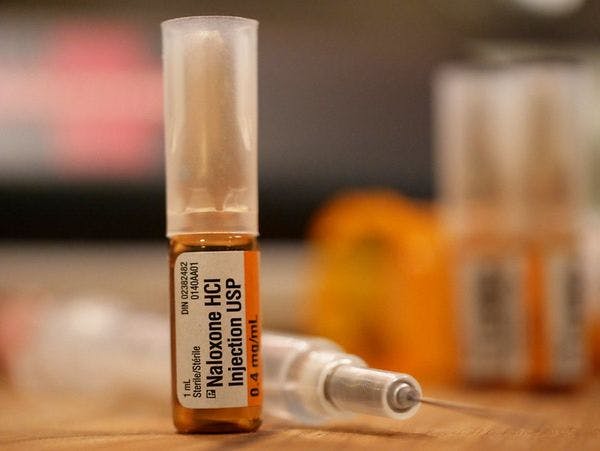Flickr, Jeff Anderson (CC BY 2.0)
The latest failure in the war on drugs
By Brandon D.L. Marshall and Abdullah Shihipar, The New York Times
In September 2018, the rapper Mac Miller died of a drug overdose — a toxic combination of fentanyl, cocaine and alcohol. Three men were charged with distributing the drugs that allegedly led to his death. In July, Tyler Skaggs, a pitcher for the Los Angeles Angels, died from asphyxia. Fentanyl, oxycodone and alcohol were found in his system, and federal authorities are working to determine who provided the drugs that killed him.
Mac Miller (whose real name was Malcolm James McCormick) and Mr. Skaggs are among the hundreds of thousands of Americans who have lost their lives to drug overdoses. One way the authorities have responded to this crisis is by promoting the use of naloxone — a medication used to revive people who have overdosed on opioids — and expanding access to medications for opioid use disorder.
But despite the recognition of drug use as a public health issue, some states have also introduced “drug-induced homicide” laws that put the responsibility of an overdose at the feet of the drug suppliers. In Rhode Island, for example, under “Kristen’s Law” a person who supplies drugs to someone who overdoses can be punished with a life sentence.
These laws have been enacted in at least 25 states, while a few more are considering adopting them. They represent a return to the outdated “war on drugs” approach, which decades of research has shown to be unsuccessful. It instead increases risks for those who use drugs, particularly minority populations and people of color.
